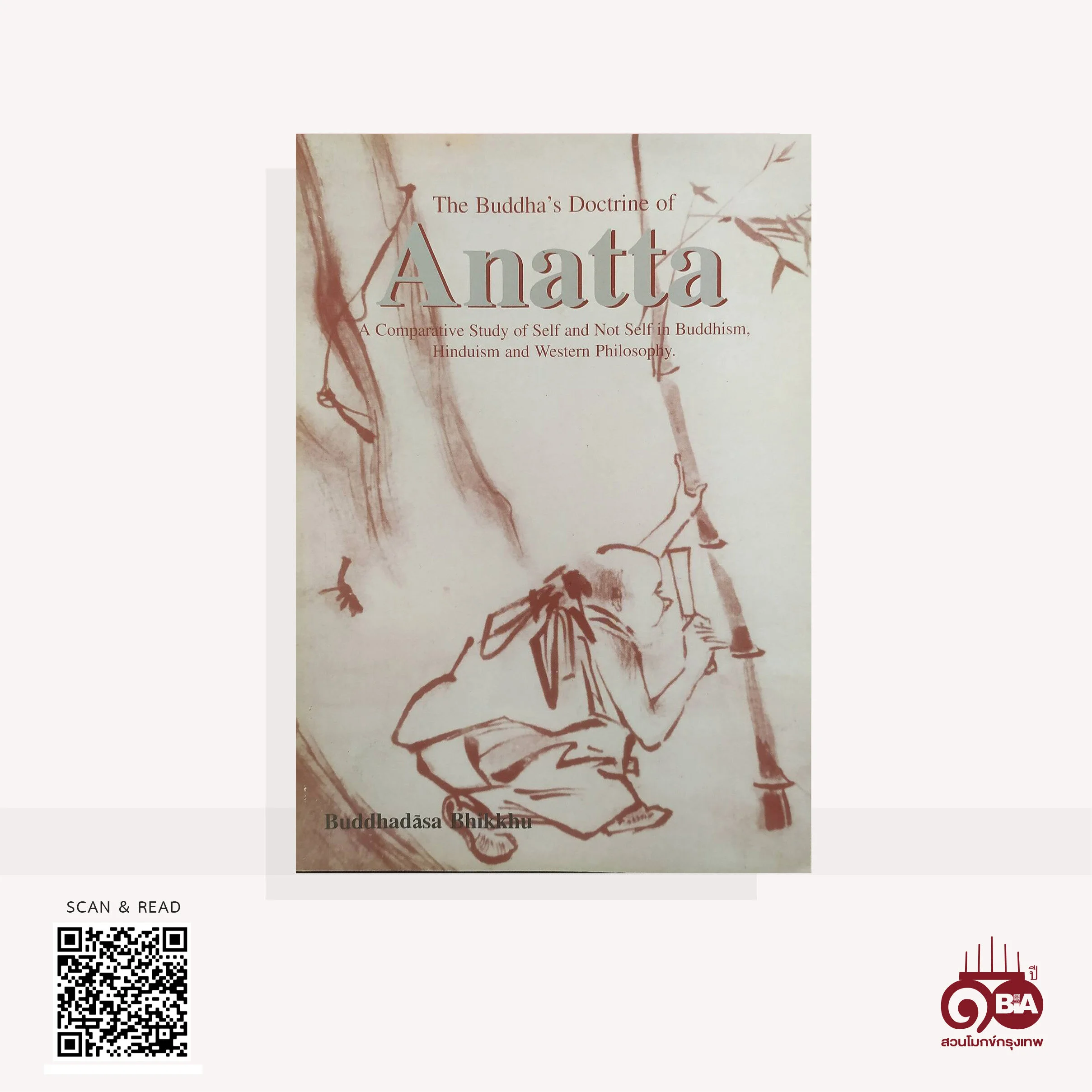


India’s Benevolence to Thailand ❖ พระคุณที่อินเดียมีต่อไทย
The subject of today’s talk is “Thanks to those who brought Buddhism to us". Late this evening we have already dwelt on “Dharma-cakra”, the Wheel of Law; its benefits; how it helps allaying sufferings and unravelling problems, and whether it takes us. Our talk was more or less conclusive; the area of elaboration being on advantages to be derived from the practice of Buddhism; how, with Buddhism as our guidance, we can rid ourselves of sufferings and solve life’s problems, and thereby attaining satisfactory state attainable by man.

Dhamma Q&A with Buddhadāsa and monks from Wat Pah Nanachat
“Does mathematics exist in reality, in nature, or only in the mind?”

Food for Thought #60
True artists seek happiness by knowing themselves and successfully attaining difficult goals. Artists are not satisfied with the money or prizes they receive - these things are the possessions of businessmen.

Freedom from Impurity
The seventeenth of June marked the 103rd anniversary of the birth of Ajahn Chah. That night, sitting in the moonlight surrounded by a group of monks, I asked each of them to share one teaching of Ajahn Chah that had particular meaning for them.

The Right Approach to Dhamma ❖ สิ่งที่เรายังสนใจกันน้อยไป
…What we need to do is create interest in what is known as the heart of Buddhism; that is, working directly toward the elimination of each individual’s defilements. We must work towards extinguishing the suffering of mankind. Once interest has been stimulated people will investigate, consider and seek to understand the essence of Buddhism. Preaching morality for the benefit of society and the state, or interest in Buddhism as a philosophy, or a source of literary enjoyment is less meaningful than self-practice and individual endeavor.

Dhamma Q&A with Buddhadāsa and monks from Wat Pah Nanachat
“In terms of the wheel, of paṭiccasamuppāda (dependent origination), where does it break in terms of the Four Foundations of Mindfulness?”

Sanditthiko
One key characteristic of Dhamma is ‘sanditthiko’. Translations of the term include, ‘directly visible’, ‘knowable’, ‘verifiable’ and ‘apparent here and now’. The Buddha illustrated its meaning with a statement: …

Food for Thought #59
Penetrating insight comes as the result of surmounting difficult problems; and this insight is a form of spiritual nourishment that comes from the confidence we experience after having successful solved our problems. This kind of insight is of a higher order; it is more valuable than the resources of a clever salesman, and even materialists will admit that this insight constitutes happiness.

The Buddha's Doctrine of Anatta ❖ อนัตตาของพระพุทธเจ้า
In his letter, the Than Achan also advised: “This book will make people understand better the word ‘anatta’ (not-self) as meant by the Buddha, since there have been too many doctrines which are so ambiguous as to confuse people in general.

Dhamma Q&A with Buddhadāsa and monks from Wat Pah Nanachat
“Some people explain that the kind of tendencies for when we build up defilement or defiled tendencies, that somehow this is connected with the body. Maybe we kind of store them in different parts of the body, or that there is some connection. And then at times these arise as vedanā, as feelings, and then if one is mindful of them, you can kind of come to terms with the vedanā and the supposed underlying defiled causes. But if you don’t, aren’t mindful of it, then you just get caught up in the thing over and over again. Is this Buddha’s thinking or not?”

Key Meditation Skill
Buddhist meditation practices are not intended to be relaxation techniques. Relaxation is one of the first welcome results of meditation, but is by no means its final goal.

Food for Thought #58
People who realize that they are hung up on one of life's problems - and are incessantly being dragging down by delusion (at a base or subtle level) - can overcome his problem by thinking for themselves and asking advice from others who know. Once people have correctly assessed the situation, they can completely overcome their problems, receive clear insight, and experience true happiness.

The 24 Dimensions of Dhamma ❖ ธรรมะ 24 เหลี่ยม
In this book, the author draws an analogy between 24 facets of Dhamma and the follow¬ing material entities : a refuge, a torch, a friend, the source of virtue, a medicine, a tree shade, a pool, an island, an umbrella, an abode, a nourishment, a clothing, a weapon, an armor/a fortification, a boat/raft, a pleasant thing, a music/poetry, a sport, an entertainment, a fragrance, a flower garden, a snack, a victory flag, and a mirror.

Dhamma Q&A with Students from Puget Sound University
“I’m a little more confused now when you talk about getting rid of the self. The way I saw it before is, though you rid yourself of the self, you are still a part of this world, and things in the world still affect you. As such, it seems that things like war or the destruction of the environment will still affect the aggregates that compose an individual. Though you do not have a self, the first duty to survive is threatened, and these problems must be addressed.”

Care for the Truth
People often feel that they must make a choice between telling the truth and thereby hurting someone’s feelings, or else telling a ‘white’ lie to spare their feelings. But it is a false dilemma.

Food for Thought #57
Isn't it amazing how mentally disturbed people can treat their own disorders by opening up being willing to listen to the teachings of other people - they can continue to treat and observe themselves, until they gradually overcome their condition.

Thoughts & Experience ❖ บันทึก ความคิดความรู้สึก
Ajarn Buddhadasa, when he died in 1993, left behind many notes. Some where in well organized notebooks concerning his Dhamma and scriptural researches. Others were loosely grouped according to the themes and issues that interested him over the years. Many filled up the pages of the diary planners commonly given as New Year’s gifts in Thailand. Most of these eventually turned up in his talks and writings; they amount to preliminary lecture notes. Some were on scraps of paper, envelopes, calendars, whatever was at hand.

Dhamma Q&A with Students from Puget Sound University
“Sometimes when I think about all the big problems in the world, it seems like we’re kind of heading toward Armageddon – extinction of mankind. Is this just paranoia or are we really in trouble this time? And how does Armageddon fit into the whole Buddhist view?”

Observation, Review, Analysis
It has been observed that over the past two hundred years, as the number of pirates in the world has steadily declined, average global temperatures have steadily increased.
